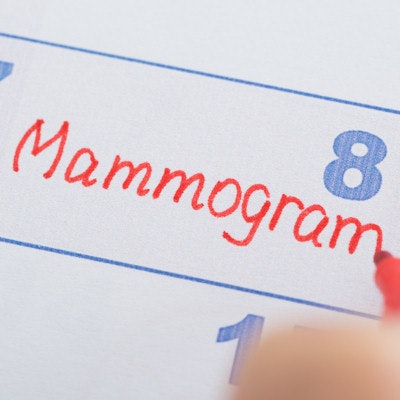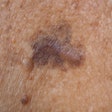
Older Americans may be overscreened for cancer, according to Penn State College of Medicine researchers published in JAMA Network Open.
The U.S. Preventive Services Task Force (USPSTF) recommends routine screening for colorectal, cervical, and breast cancer up to a certain age and not beyond because there are higher risks for cancer screening for people who have "aged-out." Aging-out means older than the age of 75 for colorectal cancer screening, 65 for cervical cancer, and 75 for breast cancer screening.
A research team led by Jennifer Moss, PhD, analyzed data from the U.S. Centers for Disease Control and Prevention's 2018 Behavioral Risk Factor Surveillance System, which collects data about health behaviors including cancer screening. She and her colleagues reviewed data for 20,937 men and 34,244 women for colorectal cancer, 82,811 women for cervical cancer, and 38,356 women for breast cancer (JAMA Network Open, July 27, 2020).
The researchers hypothesized that people who are older or who have lower life expectancies would be less likely to report recent cancer screenings, but they didn't see strong evidence of that. In fact, they found significant percentages of overscreening. For results, see the table below.
| Percentage of overscreening by cancer type and sex | ||
| Women | Men | |
| Colorectal cancer | 56.2% | 59.3% |
| Cervical cancer | 45.8% | n/a |
| Breast cancer | 74.1% | n/a |
Moss and colleagues also found that women who live in or near cities were more likely to be overscreened, but the same wasn't true for men. The researchers don't for sure why rural women overscreen less, but they posited that these women may have more trusting relationships with their care providers, less access to screening facilities, fewer automated reminders, and/or different beliefs about cancer.
"This pattern shows us that too many people are getting screened after a point when the screening is probably not going to provide benefit and may cause harm," Moss and colleagues wrote. "This pattern emphasizes the need for additional research to identify risks and benefits of screening in older adults and determine who may benefit from screening after the recommended upper-age limits."



















